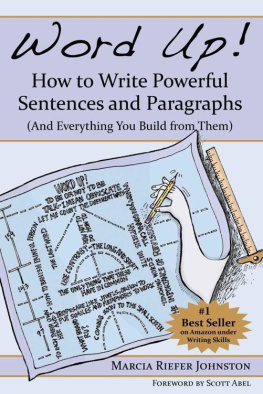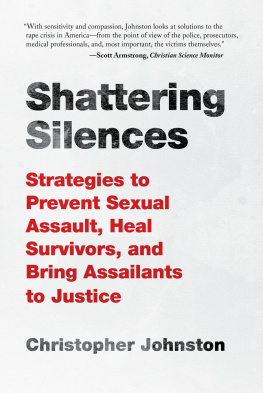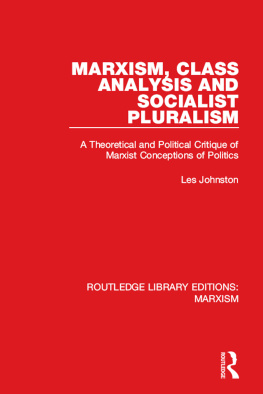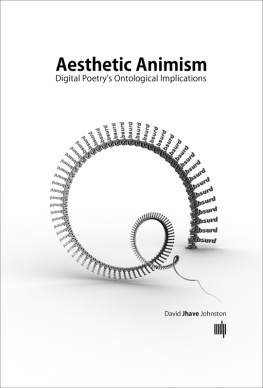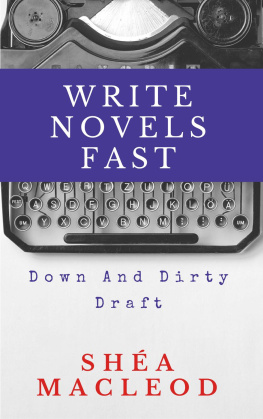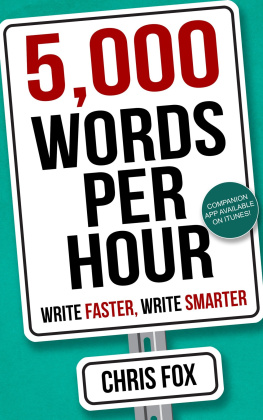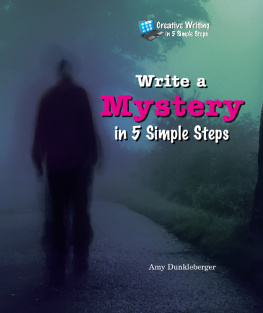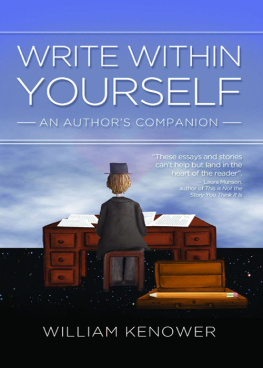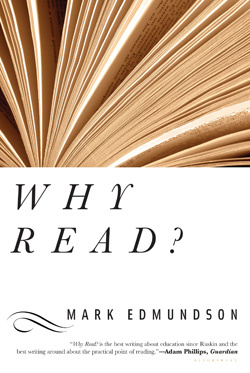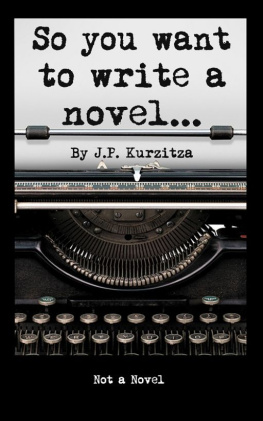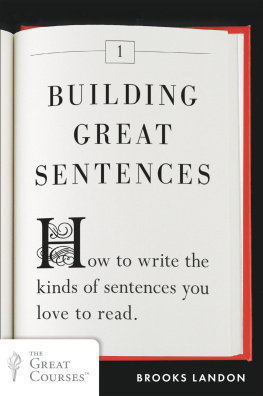Acclaim for Word Up!
Informative and funny.
Penny J. Beebe, retired senior lecturer in writing at Cornell University
I simply love the book. It gives me ideas about my own direction. Marcia was smart to write it as a series of essays rather than attempting to create a formal style guide. She has a unique voice. Im glad she let us hear it.
Eddie VanArsdall, author of Content Insomnia blog
I read with interest and pleasure. Nice examples, and I especially liked the discussion of stylistic reasons why one would or would not choose to use verb particles Marcia has a wonderfully engaging writing style that is quite refreshing.
Muriel R. Schulz, coauthor of Analyzing English Grammar, on excerpts
Inspirational.
Martha Brockenbrough, author of Things That Make Us [Sic], on What Brand R U?
Marcia Riefer Johnston has packed this volume with nuggets of wise advice. Any aspiring writer would be wise to mine them.
Jack Hart, author of A Writers Coach
Light, fun, and enjoyable to read. Marcia approaches grammar and style with a refreshing perspective. I wanted to make a checklist of principles to remember as I edit my own writing.
Tom Johnson, author of Id Rather Be Writing blog
Why cant style guides explain writing like Marcia Riefer Johnston?
Keith Kmett, certified usability analyst
Im only thirty-five pages in, but I started at midnight last night and do you know what I did the moment I woke up? Turned on my light and resumed reading. Marcia Riefer Johnston has an engaging, clear, and humorous style. I am enjoying every word and rolling on the floor laughing. I feel myself becoming more powerful already!
Carolyn Kelley Klinger, president of the Society for Technical Communication, Washington DC chapter
I admire Marcias clarity and thoroughness. Her examples are excellent in that they illustrate distinctions admirably. She is fun to read.
Thomas P. Klammer, coauthor of Analyzing English Grammar, on You Dont Know From Prepositions
Marcia expertly weaves together writing strategy and tactics. Whether youre new to writing or a pro seeking handy tips, this book has you covered.
Colleen Jones, author of Clout
You rarely get this kind of knowledge in such an engaging way. Read this book like a collection of short stories.
Rahel Anne Bailie, coauthor of Content Strategy for Decision Makers
This book embodies the adage practice what you preach. Marcias writing style is powerful in its own way: engaging, funny, instructive, and supportive. Ive longed for a book on writing to recommend to clients and colleagues and this is it!
Kristina Halvorson, author of Content Strategy for the Web
Where has this book been all my life? Word Up! is a must-have for anyone who writes anything, anywhere, anytime. I wish I had found it twenty-five years ago.
Maxwell Hoffmann, Product Evangelist for Tech Comm Suite at Adobe Systems
Witty.
Kitty Burns Florey, author of Sister Bernadettes Barking Dog, on A Modern Take (Is Take a Noun?) on Parts of Speech
Clever and clear, funny and wise. Im a tech editor who wants to transition to fiction editing. Quotes from Word Up! will be more effective in my comments than those from some stuffy, grammar-geekish style guide (sorry, Chicago).
Linda Branam, senior technical editor
I recommend Word Up! to my students. I enjoy the casual approach and sense of humor infused in each chapter.
Danielle M. Villegas, author of TechCommGeekMom blog
I find myself forcing others to listen while I read this great part out loud every few minutes. My dogs will soon be English experts! I plan to give this book to all my English teachers.
Jennifer DeAngelo, grammar geek
Since reading Marcias book, my sentences are 42 percent more powerful. Plus they have jazz hands.
Melissa Amos, technical writer
Like vitamin-enriched chocolate. This book brought me a smile as well as instruction.
Wendy Hood, Marcias sister
Buy this book.
Stella Robertson, Marcias mom
Seriously. Buy this book.
Your mom
For Brian and Elizabeth
A writer is somebody for whom writing is more difficult than it is for other people.
Thomas Mann, Essays of Three Decades
Contents
Page List
Foreword
Words are, of course, the most powerful drug used by mankind.
Rudyard Kipling in a speech quoted in the LondonTimes
If youre like me, you learned the basics of the English language from a well-intentioned adult. Someone like Mrs. White, my fifth-grade Language Arts teacher. Mrs. White knew her stuff. And she made sure her students did too. She used various memorization tools to ingrain spelling, grammar, and linguistics rules in our minds: I before e except after c and Never end a sentence with a preposition. Every day, as soon as the morning bell rang, she ran her students through a cavalcade of memorization exercises. Flash cards, chanting, rhyming, singing nothing was off limits. Each student had to be able to recall, on demand, the rules of our mother tongue. No exceptions. Rules were rules.
Mrs. Whites approach to teaching Language Arts worked (as far as she and other teachers like her were concerned). Her students mastered the rules. Our test scores proved it: her approach had succeeded.
Or had it? I cant speak for my classmates, but I had a difficult time turning this rote learning into effective writing.
By the time I reached university, the value placed on diagramming sentences and mastering semicolon usage had diminished. College professors emphasized critical thinking, problem solving, and communication. All that grammar, spelling, and linguistics stuff was pushed aside. Gone were the days when Mrs. White would award a gold star for stellar punctuation performances. The new rules we had to memorize in post-secondary education involved little of what Mrs. White and her ilk had drummed into us.
After college I took a job as a technical writer at an information-technology firm. My job involved writing, lots of it. I created e-mail newsletters, reports, proposals, presentations, manuals, configuration guides, online help, and training materials. Before they were published and delivered to customers, they had to pass muster with the editors. It was a strange world in which Mrs. Whites rules resurfaced, colliding with the rules I had learned in college. Certain editors well-intentioned but inconsistent rule enforcers used their knowledge, our company style manual, and grammar rules from Mrs. Whites era to impose their will. That approach to editing provided little value to those of us who wanted to grow as writers. We continued to make the same mistakes. Editors continued to correct them.
U mean i can rite liKe this IN a x-zam? KeWL. Way 2 go dude.

